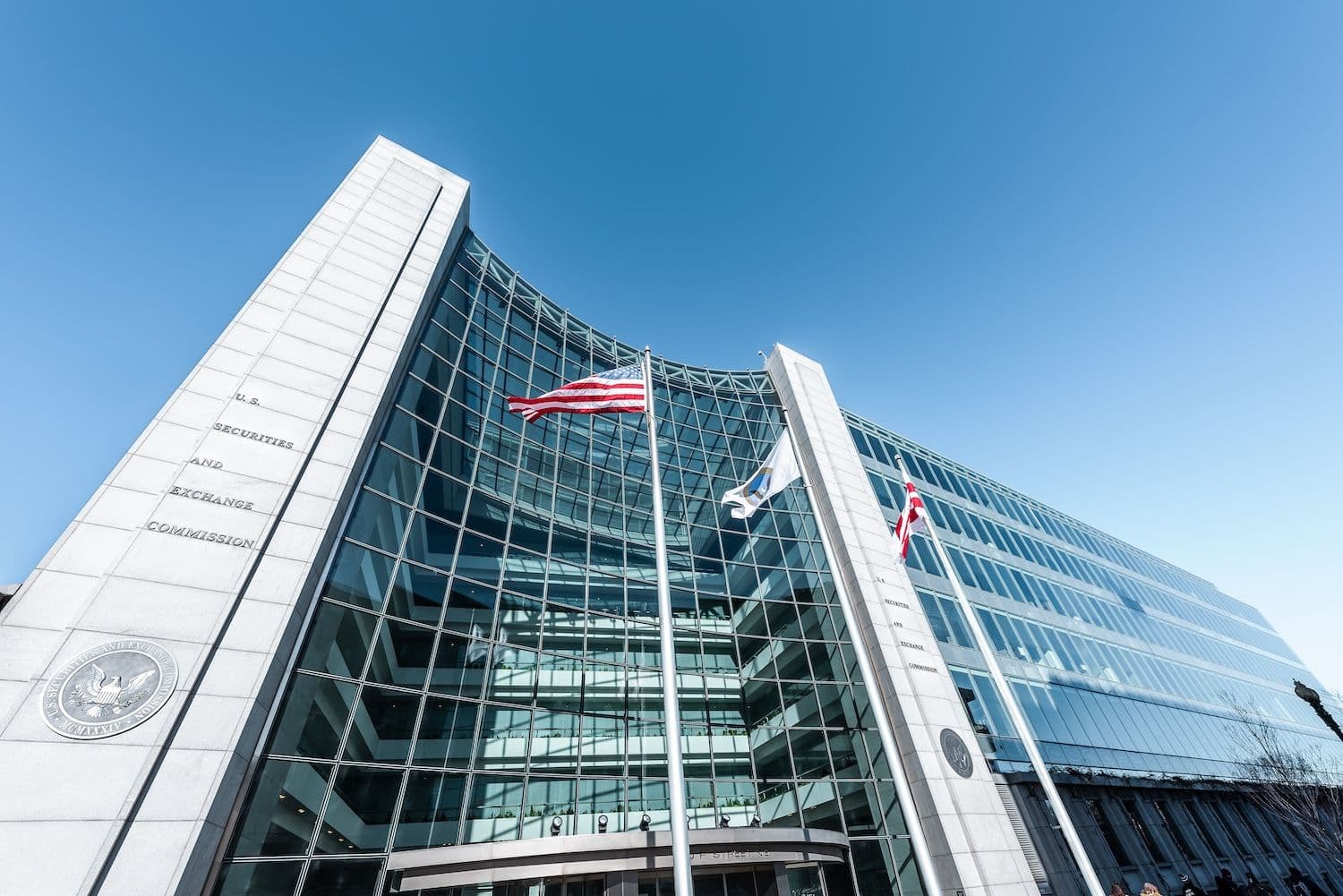Five major banking industry groups have formally requested the Securities and Exchange Commission (SEC) to repeal its cybersecurity incident disclosure rule, arguing the regulation undermines national security efforts and creates more problems than it solves. The American Bankers Association led the coalition in a May 22 letter that challenges the foundation of public disclosure requirements for cyber incidents.
What to Know:
- Five banking groups argue SEC's cybersecurity disclosure rule conflicts with confidential reporting meant to protect critical infrastructure
- The rule requires rapid public disclosure of incidents like data breaches, but banks say this helps ransomware criminals and hurts response efforts
- Banking coalition wants Item 1.05 rescinded from Form 8-K reporting requirements that notify investors of cybersecurity incidents
Industry Coalition Targets Core Disclosure Mechanism
The coalition includes the Securities Industry and Financial Markets Association, Bank Policy Institute, Independent Community Bankers of America and Institute of International Bankers. These groups represent thousands of financial institutions across the United States. Their petition specifically targets "Item 1.05" within the SEC's Form 8-K reporting requirements.
Form 8-K serves as the primary vehicle for publicly notifying investors about significant events affecting public companies.
The cybersecurity provision requires companies to disclose incidents that could materially impact their operations or financial condition. Banking groups contend this mechanism creates more harm than transparency.
The SEC's Cybersecurity Risk Management rule took effect after publication in July 2023. Companies must now rapidly disclose cybersecurity incidents including data breaches and system compromises. The regulation aimed to provide investors with timely information about cyber risks that could affect their investments.
Banks Cite Operational and Security Concerns
Banking representatives argue the disclosure requirements directly conflict with existing confidential reporting systems designed to protect critical infrastructure. They claim premature public disclosures interfere with incident response procedures and law enforcement investigations. The complex delay mechanisms built into the rule create confusion between mandatory and voluntary disclosure obligations.
Ransomware criminals have weaponized public disclosure requirements as an extortion tool, according to the banking coalition. Criminal groups now threaten to trigger mandatory disclosure timelines to pressure victims into paying ransoms more quickly. This development has fundamentally altered the dynamics of cybersecurity incident response.
The groups also raise concerns about insurance and liability implications.
Premature disclosures complicate insurance claims and increase legal exposure for affected companies. Internal communications become more cautious when employees know their incident response discussions could become public record.
Market confusion represents another significant concern for the banking industry. The rule creates uncertainty about which incidents require immediate disclosure versus those that can be handled through existing material information frameworks. This confusion affects both companies trying to comply and investors trying to interpret the disclosures.
Crypto Companies Face Similar Disclosure Pressures
Publicly traded cryptocurrency companies have experienced the practical impact of these disclosure requirements. Coinbase disclosed earlier this month that hackers bribed support staff to access user data, leading to at least seven lawsuits against the company. The exchange rejected a $20 million ransom demand but estimates the incident could cost up to $400 million in damages.
The Coinbase case illustrates how disclosure requirements can amplify the financial impact of cybersecurity incidents. Legal exposure multiplies when companies must immediately inform the public about breaches that might otherwise be resolved more quietly.
This dynamic particularly affects technology and financial services companies that handle sensitive customer data.
If the SEC grants the banking industry's petition, companies like Coinbase might gain more flexibility in timing their cybersecurity disclosures. The current rule's rigid timelines often force companies to disclose incidents before they fully understand the scope or impact.
Alternative Framework Proposed by Banking Coalition
The banking groups argue that existing disclosure frameworks already protect investor interests without the specific cybersecurity requirements. Pre-existing rules for reporting material information would continue to cover significant cyber incidents that genuinely affect company performance or financial condition.
They believe this approach would better serve both investors and national security interests.
The petition includes documented examples of regulatory conflicts and participant confusion since the rule's implementation. Banking groups have compiled specific incidents demonstrating how the disclosure requirements interfered with law enforcement investigations and incident response efforts.
Financial institutions also point to their existing regulatory obligations under other federal agencies. Banks already report cybersecurity incidents to financial regulators through confidential channels designed to protect sensitive infrastructure information while ensuring appropriate oversight.
Closing Thoughts
The banking industry's challenge to SEC cybersecurity disclosure rules reflects broader tensions between transparency and security in financial services regulation. Their petition argues that mandatory public disclosure creates more risks than benefits, particularly when criminals exploit the requirements for extortion purposes.



